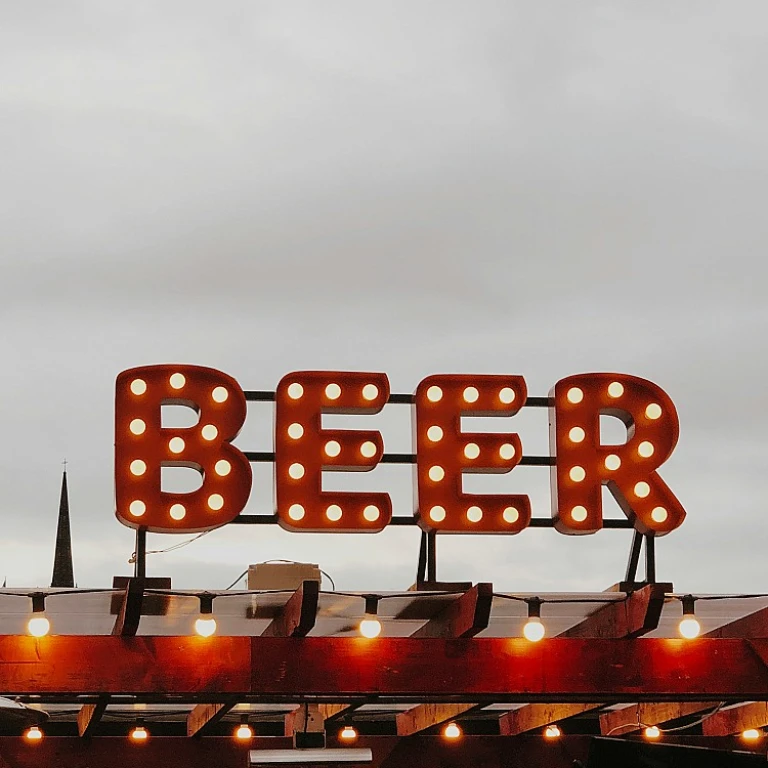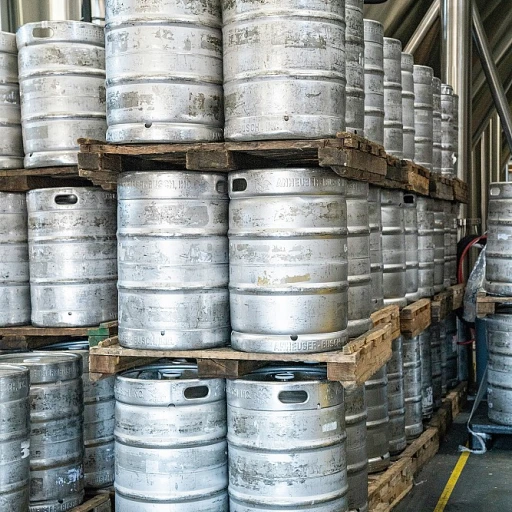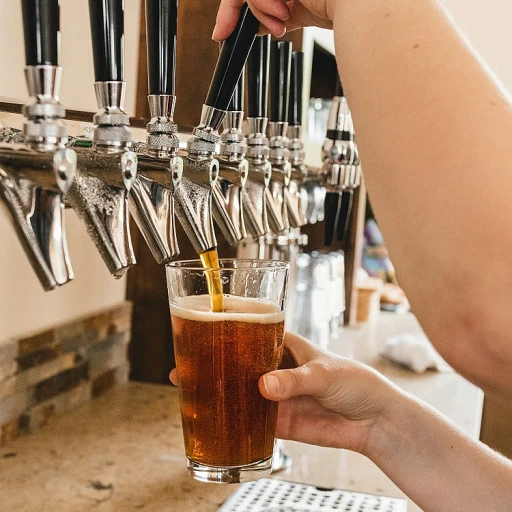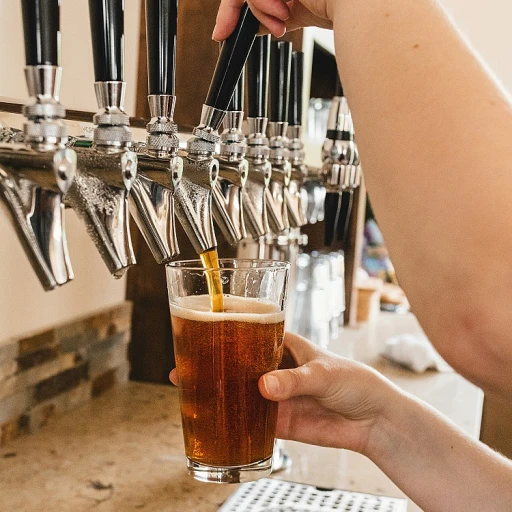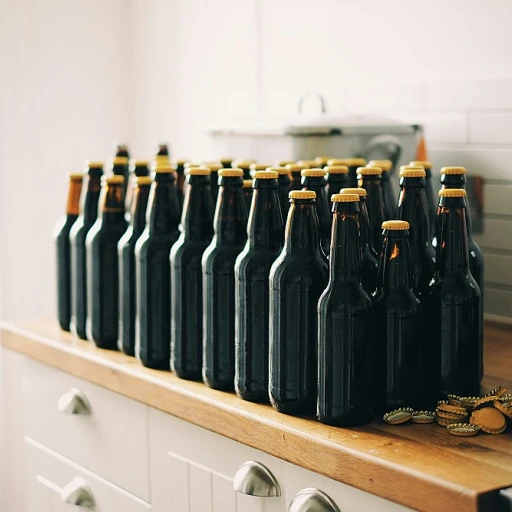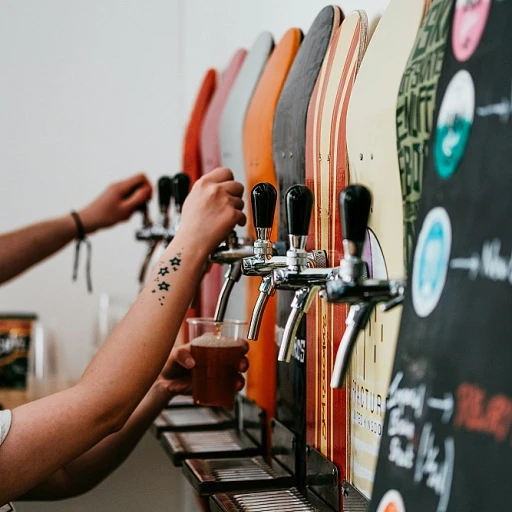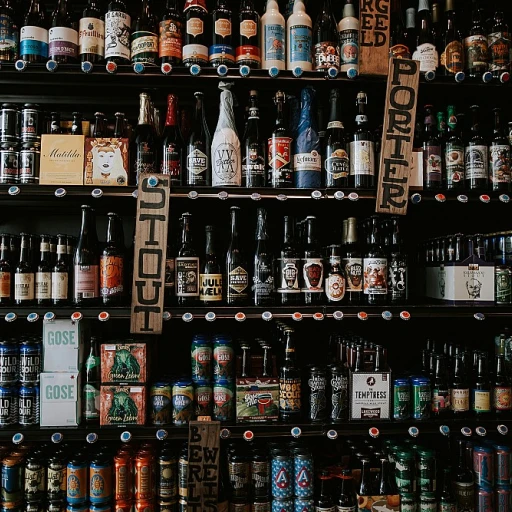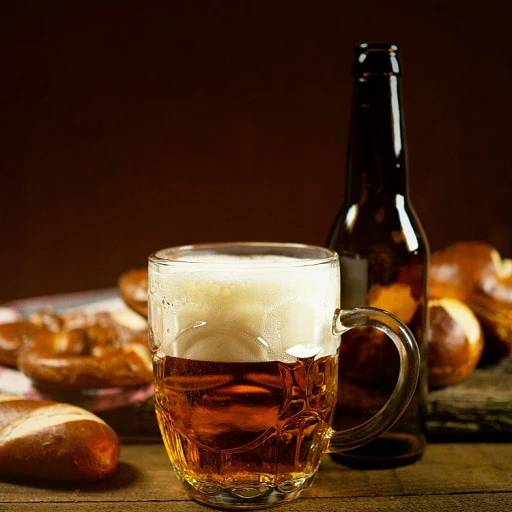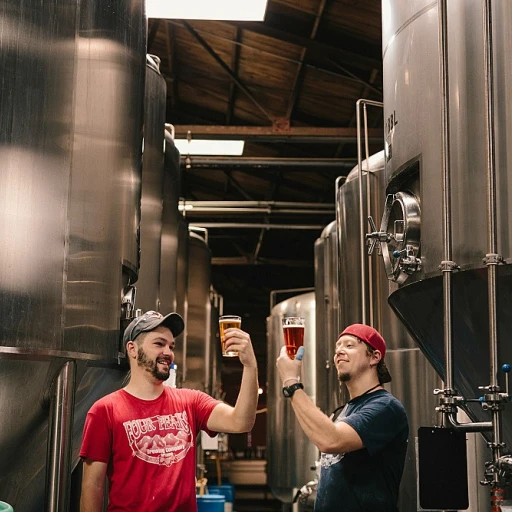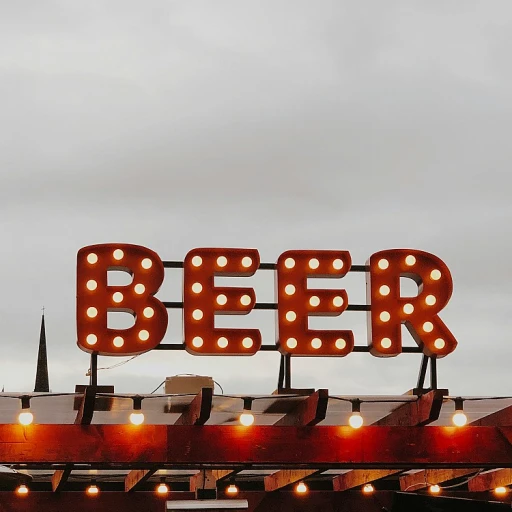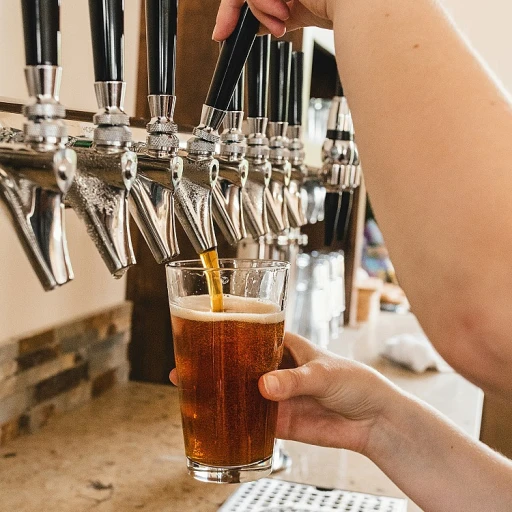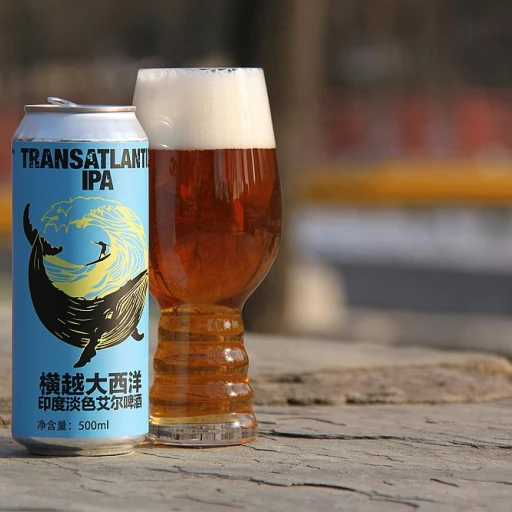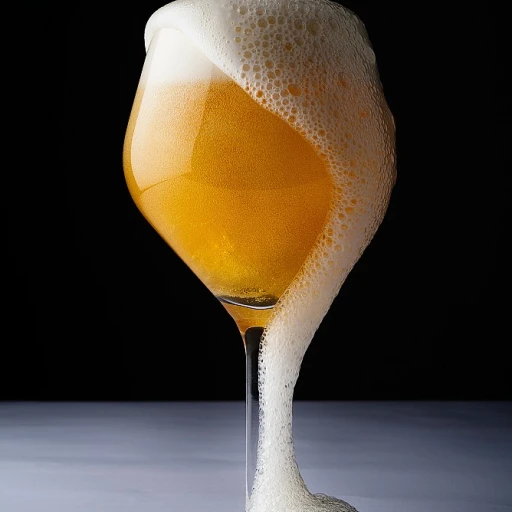
Understanding keg sizes and how they affect price
Why keg size matters for your budget
When planning an event or stocking up for your bar, the size of the beer keg you choose plays a big role in the overall cost. Kegs come in several standard sizes, each offering a different amount of beer and affecting how much you’ll pay. Understanding these options can help you make the right choice for your needs and avoid overspending.
- Mini kegs: These hold about 5 liters (roughly 1.3 gallons) and are perfect for small gatherings or trying out new brews.
- Quarter barrels (pony kegs): With a capacity of about 7.75 gallons, these are popular for parties and fit easily in most home kegerators.
- Half barrels: The classic full-size keg holds 15.5 gallons and is a staple at larger events, bars, and restaurants.
The price per ounce typically drops as the keg size increases, but larger kegs require more space and equipment. Choosing the right size also depends on the number of guests and their drinking preferences, which we’ll cover later in the article.
For those interested in the brewing process and how it relates to kegging, you might enjoy reading about the role of the lauter tun in beer brewing. This can give you a deeper appreciation for what goes into every keg you buy.
Popular beer brands and their keg prices
What you can expect to pay for top beer brands
When it comes to keg prices, the brand of beer you choose plays a big role. Well-known domestic brands are usually more affordable, while craft and imported beers tend to cost more. Here’s a look at what you might pay for some popular choices:
- Domestic lagers (like Budweiser, Coors, Miller): These are often the most budget-friendly, making them a go-to for large gatherings.
- Craft beers (such as Sierra Nevada, Blue Moon, or local microbrews): Expect a higher price tag, but also a wider range of flavors and styles.
- Imported brands (like Heineken, Guinness, Stella Artois): These kegs are usually priced above domestic options, reflecting import costs and brand prestige.
Keep in mind that prices can also vary based on keg size, which we covered earlier. Some breweries offer special pricing for events or bulk orders, so it’s worth asking about deals if you’re planning a big celebration.
For those looking to save on costs, considering pre-owned brewing equipment can be a smart move, especially if you’re hosting events regularly or thinking about homebrewing.
What goes into the cost of a keg?
Factors that influence keg pricing
When considering the price of a beer keg, several elements come into play beyond just the beer itself. Understanding these factors can help you make a more informed decision when planning your purchase.
- Type and quality of beer: Premium craft beers and imported brands generally cost more than domestic or mass-produced options. The ingredients, brewing process, and brand reputation all contribute to the final price.
- Keg size: The volume of beer you need will affect the cost. Larger kegs usually offer a better price per pint, but smaller kegs may be more suitable for intimate gatherings or limited space.
- Packaging and deposits: Most keg purchases require a deposit for the keg shell and sometimes the tap equipment. These deposits are refundable but can add to your upfront costs.
- Distribution and location: Prices can vary depending on where you buy your keg. Local taxes, transportation fees, and retailer markups all play a role. Urban areas or regions with higher demand may see increased prices.
- Seasonal demand: During peak times like holidays or major sporting events, keg prices may rise due to higher demand.
- Specialty ingredients: Some beers use unique hops or malts, which can increase production costs. For example, beers brewed with distinctive hops like those discussed in this guide to Ekuanot hops may be priced higher due to ingredient sourcing and flavor complexity.
By considering these factors alongside your event size and preferred brands, you can better estimate the total cost and choose the keg that fits your needs and budget.
How to choose the right keg for your event
Matching your keg size to your guest list
Choosing the right keg for your event starts with knowing how many people you plan to serve and what kind of beer experience you want to offer. If you’re hosting a small gathering, a mini keg or a pony keg might be enough. For larger parties, a half-barrel keg is often the go-to choice, as it can serve around 120 pints. Remember, the size you pick will directly impact both the price and the amount of beer available for your guests.
Considering beer preferences and variety
Think about your guests’ tastes. If most people enjoy the same style or brand, a single large keg can be cost-effective. If your crowd prefers variety, you might opt for a couple of smaller kegs with different beers. This can keep everyone happy and reduce waste from leftover beer.
Factoring in storage and serving equipment
Before making your purchase, check that you have the right space to store the keg and the necessary equipment to serve it. Some kegs require specific taps or cooling systems, which can add to your overall cost. Renting or borrowing equipment can help keep expenses down, especially for one-time events.
Balancing budget and quality
While it’s tempting to go for the cheapest option, consider the reputation of the brewery and the freshness of the beer. Sometimes, paying a bit more for a well-known brand or a local craft brew can make your event more memorable. Review the price differences between popular brands and local options to find the best fit for your budget and your guests’ enjoyment.
Tips for saving money on your next keg purchase
Smart ways to keep your keg budget in check
- Compare prices from different suppliers. Local breweries, big-box stores, and specialty beverage retailers can have very different pricing for the same keg size and brand. Take a little time to shop around before making your decision.
- Consider less popular brands or local breweries. While big names might be tempting, regional breweries often offer competitive prices and unique flavors. This can be a win-win for your wallet and your guests’ taste buds.
- Choose the right keg size. As discussed earlier, selecting a keg that matches your guest count helps avoid overbuying. A half-barrel might seem like a deal, but if you don’t need that much beer, a smaller keg can save you money and reduce waste.
- Ask about deposits and returns. Many suppliers require a deposit for the keg and tap equipment. Make sure you understand the return policy so you can get your deposit back without hassle.
- Plan ahead for discounts. Some retailers offer discounts for bulk orders or advance bookings, especially during off-peak seasons. If you’re hosting a larger event or planning multiple gatherings, inquire about these options.
- Don’t forget about accessories. Cups, ice, and taps can add up. Some suppliers include these in the price, while others charge extra. Double-check what’s included so you can budget accurately.
By keeping these tips in mind, you’ll be able to enjoy your event without overspending on your beer keg purchase.

